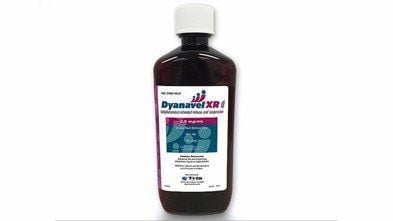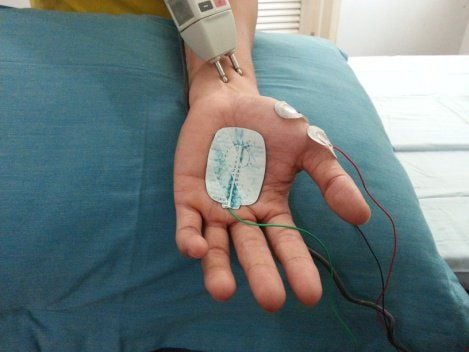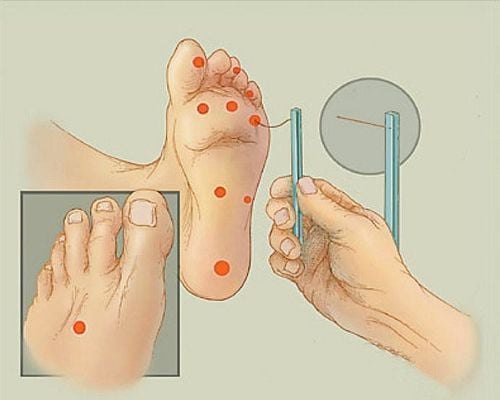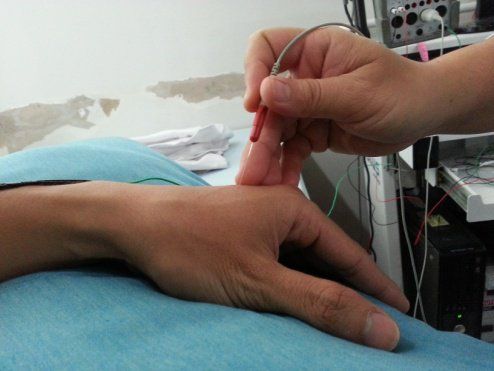This is an automatically translated article.
Peripheral nerve damage occurs mainly due to trauma, accidents, and some medical conditions. The disease causes a variety of symptoms depending on the type of nerve that is damaged.
1. What is Peripheral Nerve Injury?
Peripheral nerves are responsible for transmitting signals from the brain and spinal cord to the rest of the body. For example, helping people feel the feet exposed to cold temperatures and move the muscles to move. Peripheral nerves are made up of axons, which are separated by surrounding tissues. So they are very fragile and vulnerable.
Peripheral nerve damage, also known as peripheral neuropathy, can affect the ability to send signals from the brain to the muscles and organs in the body. The sick person needs to be treated as soon as possible because early diagnosis and treatment can help prevent complications and permanent damage.
2. Symptoms of Peripheral Nerve Damage
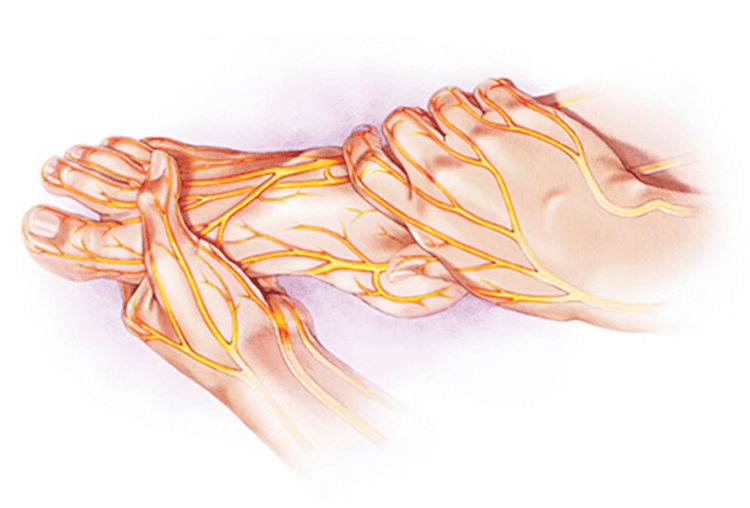
Tổn thương dây thần kinh ngoại biên có thể gây ra các triệu chứng vào loại sợi thần kinh bị tổn thương như dây thần kinh vận động
Peripheral nerve damage can cause mild to severe symptoms depending on the type of nerve fiber damaged:
Motor nerve damage : The motor nerve regulates everything All muscles are used for activities such as walking, talking, and holding objects. Therefore, when this nerve is damaged, the patient often presents with muscle weakness, cramps, and uncontrollable muscle twitching. Sensory nerve damage: Sensory nerves transmit information about touch, temperature, and pain. As a result, the patient may experience different symptoms such as tingling in the hands and feet, disturbances in the sensation of pain or temperature, and difficulty keeping balance with eyes closed. Autonomic nerve damage: A group of autonomic nerves that regulate activities that are not consciously controlled, such as breathing, heart function, thyroid gland, and food digestion. Symptoms may include profuse sweating, changes in blood pressure, intolerance to heat or cold, and gastrointestinal symptoms. Symptoms can be mixed when multiple types of peripheral nerves are involved. Accordingly, patients need to see a doctor when they have symptoms of weakness, tingling, numbness or total loss of sensation in a limb for early treatment of peripheral nerve damage.
3. Causes of peripheral nerve damage

Hội chứng ống cổ tay có thể gây tổn thương dây thần kinh ngoại biên
Causes of peripheral nerve damage include:
Trauma from an accident, fall, or playing sports that can stretch, compress, compress, or cut the nerve. Diabetes, Guillain-Barre syndrome and carpal tunnel syndrome. Autoimmune diseases include lupus, rheumatoid arthritis, and Sjogren's syndrome. Other causes include narrowing of the arteries, hormonal imbalances, and tumors.
When recognizing the symptoms and causes of peripheral nerve damage, patients need to go to medical centers for examination and treatment, to avoid affecting their health.
With many years of experience in the examination and treatment of neurological diseases, Vinmec International General Hospital has now become one of the major health care centers, capable of examining and screening. and treat many specialized diseases. Therefore, if there are signs of peripheral nerve damage, patients can go to Vinmec International General Hospital to examine and receive support and advice from doctors.
Please dial HOTLINE for more information or register for an appointment HERE. Download MyVinmec app to make appointments faster and to manage your bookings easily.
Reference source: mayoclinic.org




